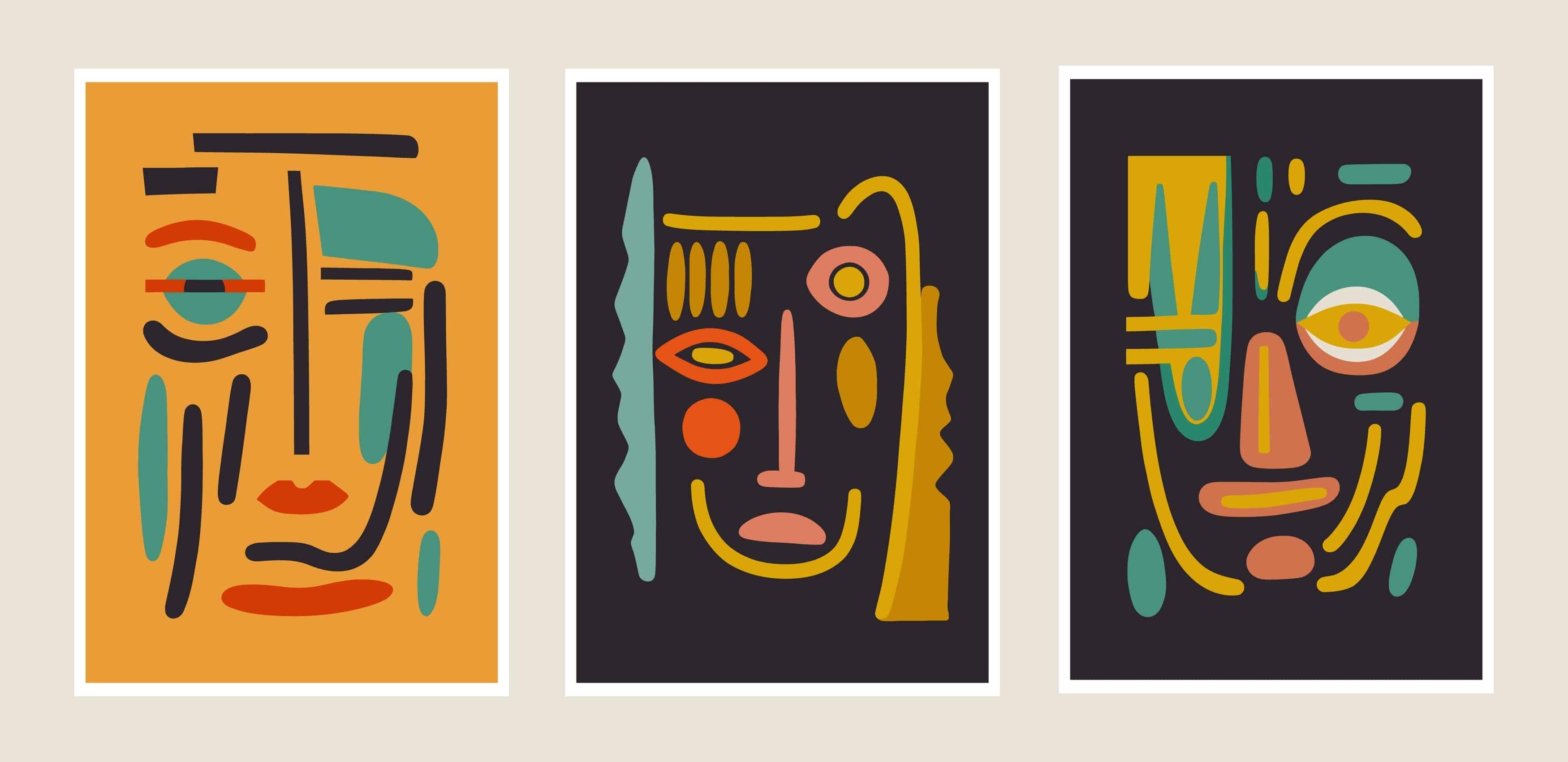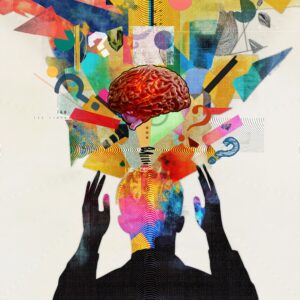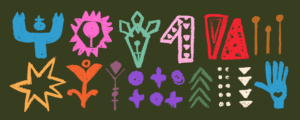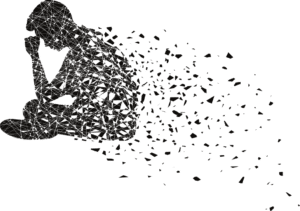The Modern Struggle
In 2025, humanity has achieved remarkable technological and scientific advancements, mastering much of our planet’s potential. Yet, despite these triumphs, we’re not thriving. Anxiety, depression, sleep disorders, and stress plague millions. In the U.S., 31% of adults face mental health challenges, and 50–70 million struggle with sleep disorders. Europe shows similar trends, with a troubling rise in mental health issues among youth. Why, in an era of progress, are we so unwell?
While factors like poor diet, lack of exercise, and work-life stress are well-studied, one overlooked element of our modern lifestyle may hold the key to better well-being: rituals. These structured, meaningful practices, once central to human life, have faded in our fast-paced, individualistic world. Reintroducing rituals could help restore balance, meaning, and connection to our lives.
What Are Rituals?
Rituals are repetitive, symbolic behaviors that bring order and meaning to our lives. They exist at the intersection of biology and culture. Biologically, rituals evolved to facilitate survival—think of animals using displays to attract mates or mark territory. In humans, rituals took on cultural significance, conveying meaning to our existence, our values and fostering community. Scholar Barry Stephenson describes rituals as a “window” into our dual nature—biological and cultural—where these dimensions shape each other.
Rituals come in many forms:
- Life-Cycle Rituals mark major milestones like birth, marriage, or death, helping individuals transition into new roles or identities.
- Calendrical Rituals, tied to natural cycles like seasons or lunar phases, give structure to time (e.g., New Year’s Day or Jewish holidays).
- Commemorative Rituals, like the 4th of July in America, reinforce shared values and historical identity.
- Rites of Exchange, such as offerings or sacrifices, connect humans to spiritual or communal ideals.
- Feasting and Fasting Rituals express devotion or mark significant periods, as seen in religious traditions.
- Political Rituals, like coronations, legitimize authority and unify communities through shared symbols.
The Decline of Rituals
Modernity has diminished the role of rituals. Science’s emphasis on rational thinking, coupled with a cultural shift toward individualism, has devalued their importance. Busy schedules and technology-driven social interactions further reduce opportunities for meaningful rituals. As a result, we’ve lost a powerful tool for fostering connection and well-being.
The Science of Rituals
Research highlights rituals’ benefits for mental and physical health. Studies show that rituals reduce anxiety and depression in adults and adolescents by regulating emotions during stress. Group rituals foster belonging and social cohesion, countering the isolation of modern life. Pre-performance rituals enhance focus, confidence, and emotional stability, with some evidence suggesting benefits for conditions like ADHD. Rituals also promote mindfulness, anchoring us in the present moment through intentional, repetitive actions.
Reintroducing Rituals into Our Lives
To harness these benefits, we can consciously integrate rituals into our daily routines. Start by identifying existing habits—conscious or unconscious—that shape your day. For example, do you begin your morning by checking your phone, setting a tone of stress? Consider replacing it with a grounding ritual, like a five-minute gratitude practice, body-scan meditation or a short walk. Evening rituals, such as journaling or a calming tea, can ease you into sleep.
On a collective level, revive rituals that strengthen relationships. A weekly family dinner or a monthly gathering with friends can foster connection. Indigenous cultures offer inspiration—many used morning and evening rituals centered on gratitude, nature, or community to structure time and identity. From ancient Egypt to the Maya, these practices reinforced universal values that remain relevant today. Rituals are more than relics of the past; they are a missing link in our quest for well-being. By reintroducing intentional, meaningful practices, we can combat the stress and disconnection of modern life. Let’s draw on ancient wisdom and scientific evidence to create personal and collective rituals that reconnect us with ourselves, each other, and the world around us.






